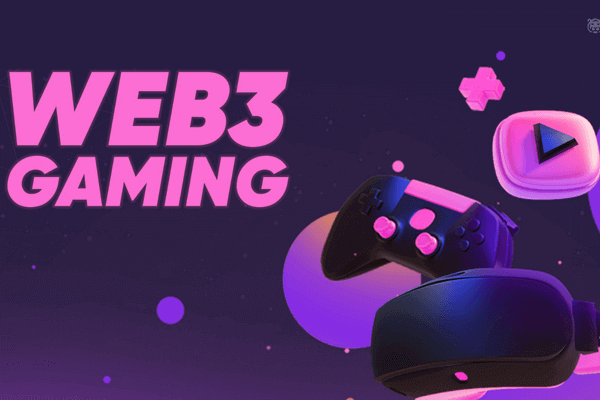The Billion-Dollar Horizon: Deconstructing the Future Web3 Gaming Market Value

The projected future Web3 Gaming Market Value represents a seismic shift in the economic foundations of the interactive entertainment industry. This valuation is not just a measure of game sales but reflects the total economic activity within these new, decentralized player-owned economies. It encompasses the value of all digital assets, the volume of transactions, and the financialization of gameplay itself. The enormous potential for value creation within these ecosystems is what underpins the market's extremely optimistic forecasts. Industry analysis suggests the market's valuation will climb to a staggering USD 118.36 billion by 2034. This monumental figure is the result of a projected compound annual growth rate of 33.23% between 2025 and 2034, indicating a fundamental re-evaluation of value in gaming.
A significant portion of this market value is derived from the primary sale of NFTs by game developers. This is the initial injection of capital into a game's economy, analogous to the traditional sale of a game copy or an in-game microtransaction. Developers can sell a wide range of assets, including limited-edition characters, virtual land plots, cosmetic items, or starter packs that players need to begin their journey. This model provides the upfront funding required for game development and ongoing operational costs. Unlike traditional sales, however, these assets are provably scarce and owned by the players, which can command higher prices and create a strong foundation for a vibrant secondary market, where the true long-term value of the ecosystem is realized.
The most revolutionary component contributing to the market's value is the economic activity on secondary marketplaces. Once a player owns an NFT asset, they can freely trade it with other players on platforms like OpenSea or Magic Eden. The total value of these peer-to-peer transactions, often called Gross Merchandise Volume (GMV), is a key indicator of a game's economic health and a major contributor to the overall market valuation. Furthermore, developers can program a royalty fee (e.g., 2-5%) into the asset's smart contract, ensuring they receive a percentage of the sale price every time the asset is traded in perpetuity. This creates a sustainable, long-term revenue stream that is directly tied to the game's enduring popularity and the vibrancy of its player economy.
Finally, the market value extends beyond just the assets themselves to include the entire financial ecosystem built around the games. This includes the total market capitalization of a game's native cryptocurrencies, which are often used for in-game transactions, staking, and governance. It also encompasses the value generated by supporting infrastructure, such as NFT marketplaces, crypto wallets, blockchain scaling solutions, and gaming guilds that invest in and manage game assets. The growth of Web3 gaming creates a powerful ripple effect, boosting the value of these ancillary services and technologies. The projected USD 118.36 billion valuation is therefore a holistic measure of this entire, interconnected digital economy built on the foundation of player ownership.
Explore Our Latest Trending Reports:
- Music
- Travel
- Technology
- AI
- Business
- Wellness
- Theater
- Sports
- Shopping
- Religion
- Party
- Other
- Networking
- Art
- Literature
- Home
- Health
- Gardening
- Games
- Food
- Fitness
- Film
- Drinks
- Dance
- Crafts
- Causes
